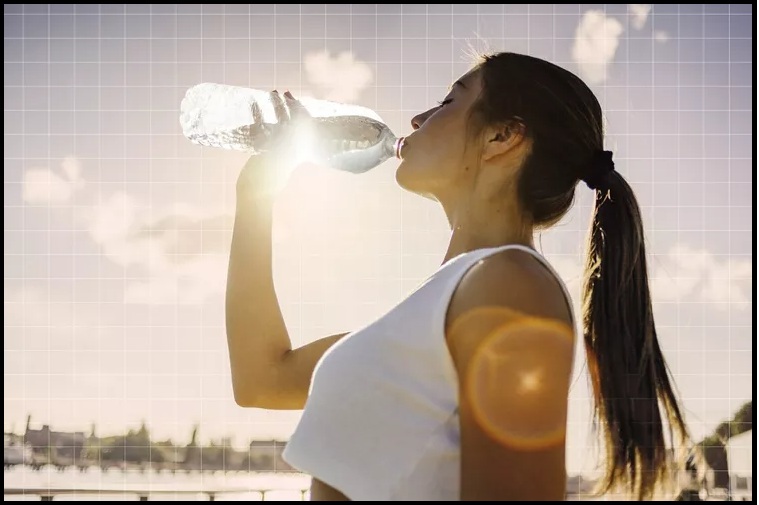
Staying properly hydrated is essential for maintaining good health, yet many people underestimate how much water their bodies actually need. While we often reach for coffee, sodas, or a glass of wine, we tend to neglect plain water—our most vital resource. Since the human body is composed of approximately 50% water, and we lose fluids daily through sweat and breathing, consistent replenishment is crucial for survival.
Failing to consume enough fluids can lead to dehydration, which has a host of negative effects. Dehydration can result in fatigue, headaches, confusion, constipation, poor concentration, and even urinary tract infections (UTIs). In severe cases, dehydration can become dangerous.
While the NHS suggests a general daily water intake of 1.5 to 2 liters, this varies significantly based on age, gender, physical activity, and health conditions. Dr. Webster provides a detailed breakdown of daily hydration needs across different life stages:
Children (4–8 years):
Children in this age group should aim for around 1.2 liters of fluids each day—roughly six to eight glasses of 200ml each. Hydration supports brain development, digestion, and temperature regulation. Since young children may not recognize when they’re thirsty, regular reminders to drink water are important.
Teenagers:
Teenage boys (14–18 years) should consume between 1.6 to 1.9 liters daily, while girls in the same age group require about 1.5 liters. This stage of rapid physical growth increases water demands to support metabolism, muscle function, and energy levels.
Adults Under 60:
Women under 60 should aim for at least 1.6 liters per day, and men should consume about 2 liters. However, factors like climate, physical activity, and dietary habits may influence these numbers. Water intake supports concentration, kidney function, and temperature regulation.
Adults Over 60:
For older adults, the target remains 1.6 to 2 liters per day. As people age, their sense of thirst diminishes, increasing the risk of dehydration. Staying well-hydrated is particularly important for joint mobility, digestion, and urinary health.
Additional Factors That Affect Water Needs:
Pregnancy & Breastfeeding:
Water requirements rise during pregnancy (approx. 2.3 liters/day) and even more so during breastfeeding (about 3 liters/day) to support milk production and overall maternal health.
Exercise & Physical Activity:
Physical exertion significantly increases fluid loss. Experts recommend drinking two cups of water before a workout and continuing with one cup every 15–20 minutes during exercise. Post-activity hydration is equally important for recovery.
Climate & Altitude:
Hot weather and high altitudes accelerate water loss through sweat and breathing. People in such environments should be vigilant about drinking water throughout the day—even if they don’t feel thirsty.
Illness & Health Conditions:
During fever, vomiting, or diarrhea, the body loses more fluids. In such cases, increasing water intake is essential to prevent dehydration. The goal should be to keep urine pale and avoid feeling thirsty.
Ultimately, while general guidelines are helpful, the best indicator of hydration is your body’s signals—such as thirst and the color of your urine. Listening to these cues and adjusting your intake accordingly is key to maintaining optimal health.





